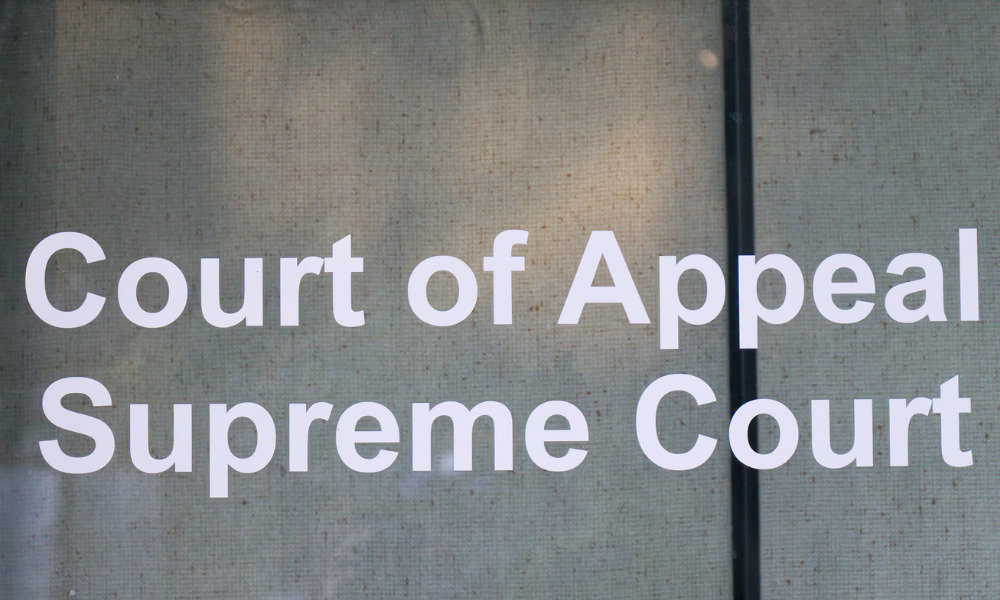Chambers judge deviated from an established rule of contractual interpretation, said court

The B.C. Court of Appeal has overturned a chambers judge’s interpretation of a purchaser’s obligation to use “commercially reasonable best efforts” to satisfy the condition precedent “as soon as possible.”
In Sutter Hill Management Corporation v. Mpire Capital Corporation, 2022 BCCA 13, the respondent Mpire Capital agreed to purchase an intermediate care home and other related assets from the vendors, Sutter Hill Management Corporation and Sweet Investments Ltd. The parties agreed that before the transaction could close, the purchaser must apply for and obtain necessary approvals from the Fraser Health Authority (FHA).
The parties signed the purchase and sale agreement in January 2016. They amended the contract in July of the following year to include a condition that the purchaser must use “commercially reasonable best efforts” to obtain the FHA approvals “as soon as possible.” Four months later, the FHA had still not given the required approvals. The vendors sued Mpire Capital for alleged breach of the condition precedent.
The chambers judge ruled that the purchaser was not responsible for the delay in obtaining the FHA approvals. The judge said it was the purchaser’s lawyer who was at fault for the delay because of his inability to review the agreements provided by FHA. Significantly, the judge interpreted the condition to use “commercially reasonable best efforts” to mean the same as “commercially reasonable efforts” and found that Mpire Capital has satisfied the condition.
But the court ruled that the chambers judge deviated from the established rule in jurisprudence which requires a decision-maker to read the contract as a whole, giving the words used their ordinary and grammatical meaning, consistent with the surrounding circumstances known to the parties at the time of the formation of the contract. In this case, the court said that the judge failed to look at the relevant clause as a whole. Instead, he approached it piecemeal, resulting in an interpretation which favoured the purchaser.
The court interpreted the condition to use “commercially reasonable best efforts” to mean that the purchaser would do everything it reasonably could to obtain the necessary approvals as soon as possible, excepting only such steps as would be commercially unreasonable.
The chambers judge attributed the delay in obtaining the required FHA approvals to the purchaser’s solicitor. But the court found that the purchaser failed to take any action after its lawyer said that it could not review the agreements, which further contributed to the delay. The purchaser also failed to explain that the delay was reasonably necessary. Instead, it merely attributed fault to its lawyer and argued that it was not responsible. The court said that this is inconsistent with its obligation to do everything it reasonably could to obtain the necessary approvals as soon as possible.










